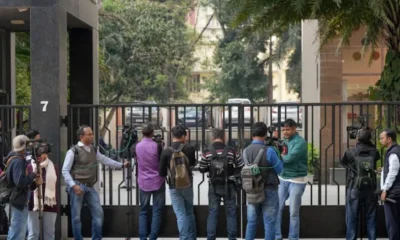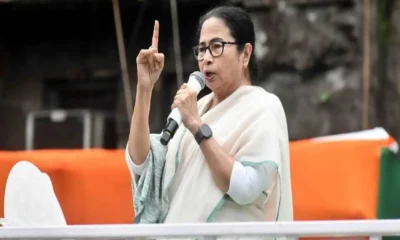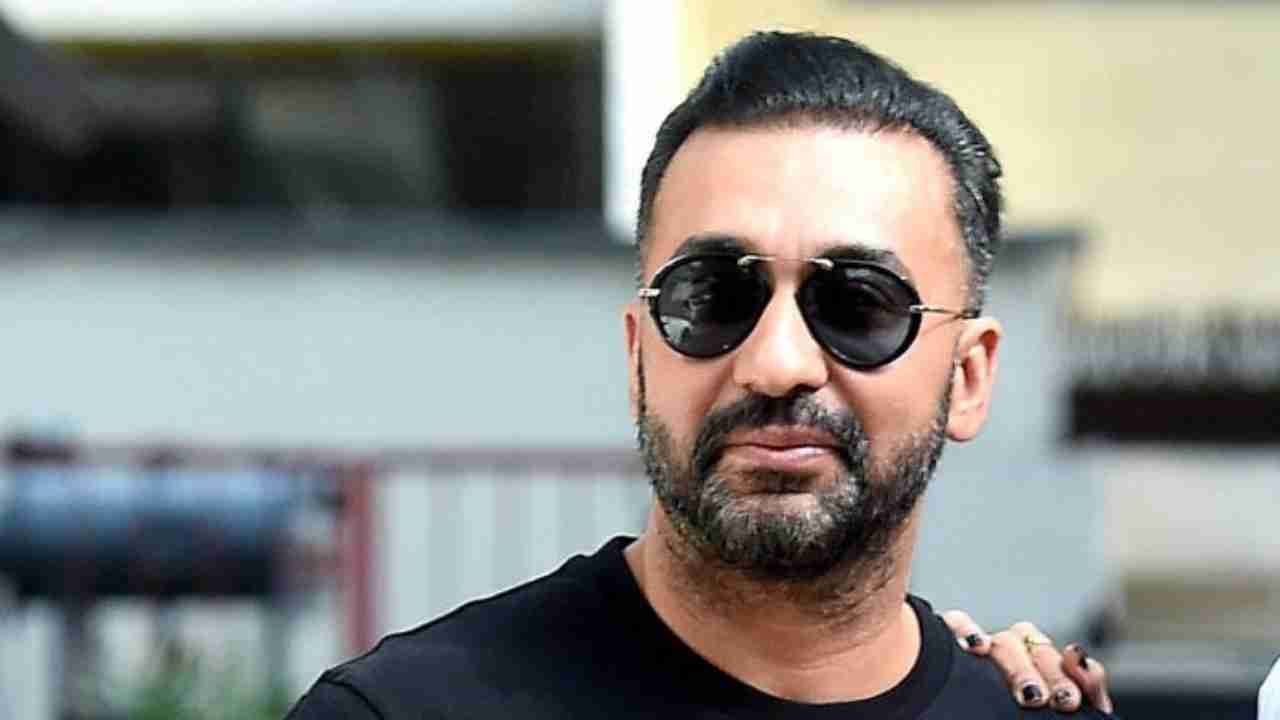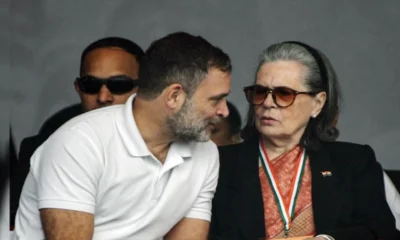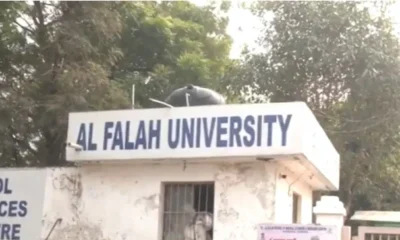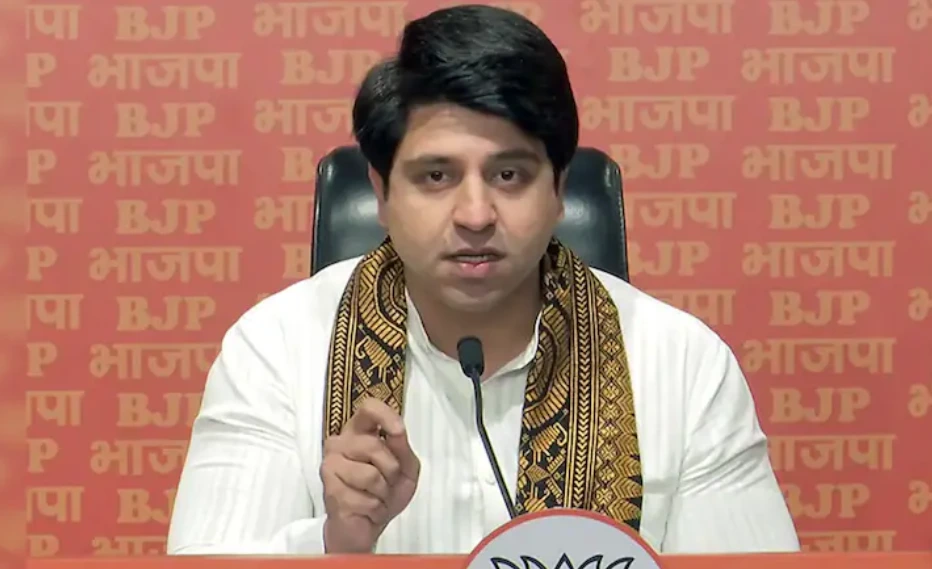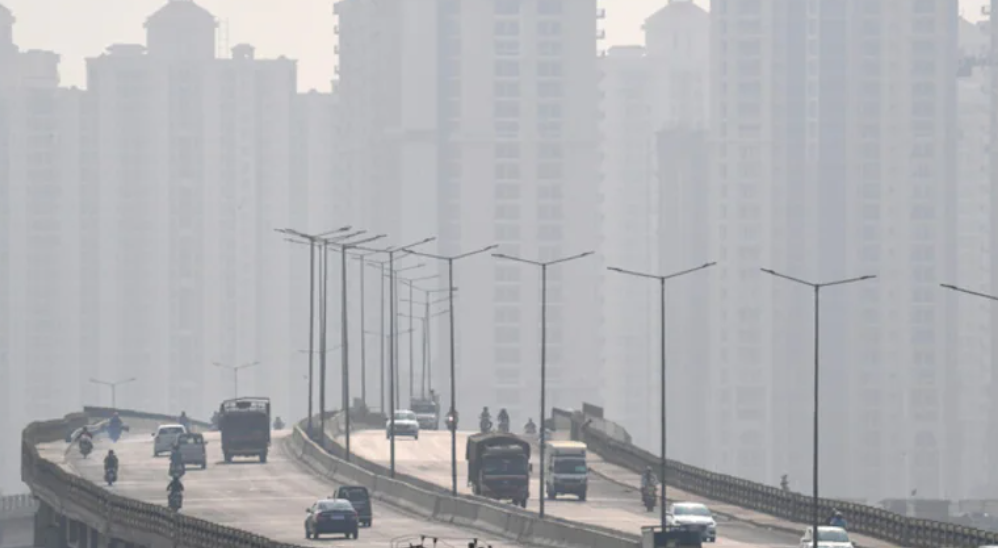India News
AAP leader Saurabh Bharadwaj says a conspiracy is underway for slow death of Arvind Kejriwal
Saurabh Bharadwaj also slammed the Tihar administration, BJP, Centre and Delhi LG and held them responsible for denying insulin to Kejriwal and said the Delhi Chief Minister has been suffering from Type-2 diabetes for the last 20-22 years.
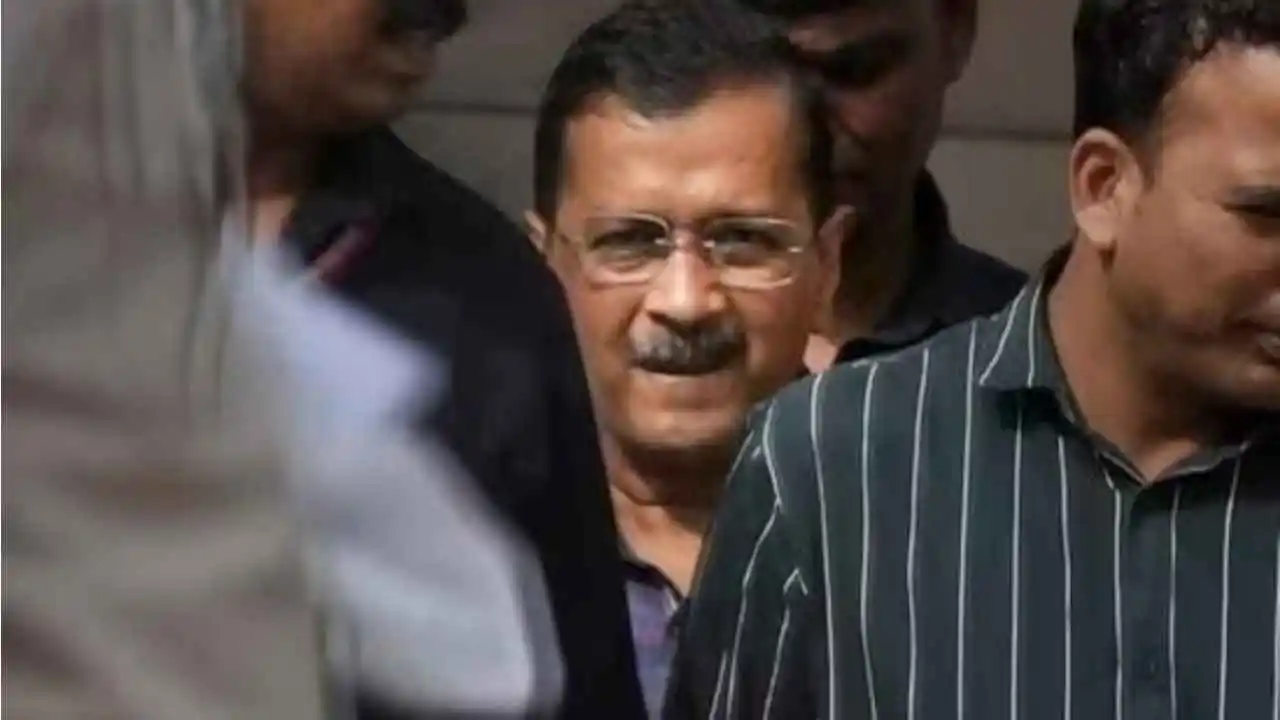
India News
President’s Rule revoked in Manipur as NDA set to form new government
President’s Rule has been withdrawn in Manipur nearly a year after its imposition, paving the way for a new NDA-led government under Yumnam Khemchand Singh.
India News
BJP spokesperson Shehzad Poonawalla’s mother injured in hit-and-run incident in Pune
BJP spokesperson Shehzad Poonawalla has alleged that his mother was deliberately hit by a car in Pune and left critically injured. She is scheduled to undergo surgery.
India News
Three sisters die after jumping from ninth floor in Ghaziabad
Three minor sisters died after jumping from the ninth floor of their Ghaziabad apartment, allegedly following a dispute over online gaming, police said.
-

 India News8 hours ago
India News8 hours agoThree sisters die after jumping from ninth floor in Ghaziabad
-
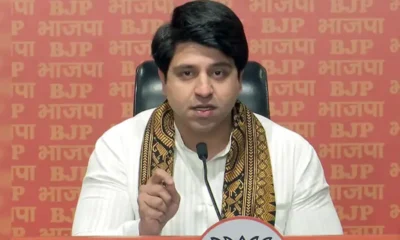
 India News8 hours ago
India News8 hours agoBJP spokesperson Shehzad Poonawalla’s mother injured in hit-and-run incident in Pune
-

 Latest world news8 hours ago
Latest world news8 hours agoMoscow says no word from India on stopping Russian oil purchases
-

 India News9 hours ago
India News9 hours agoUS tariff cut to 18% is positive signal for Indian exporters, says Sitharaman
-
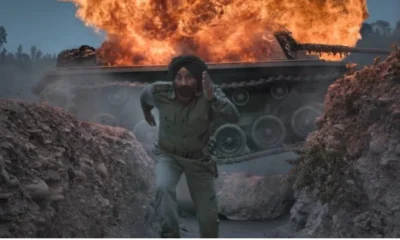
 Entertainment4 hours ago
Entertainment4 hours agoBorder 2 box office collection day 12 crosses Rs 286 crore, eyes Rs 300 crore milestone
-

 India News2 hours ago
India News2 hours agoPresident’s Rule revoked in Manipur as NDA set to form new government



